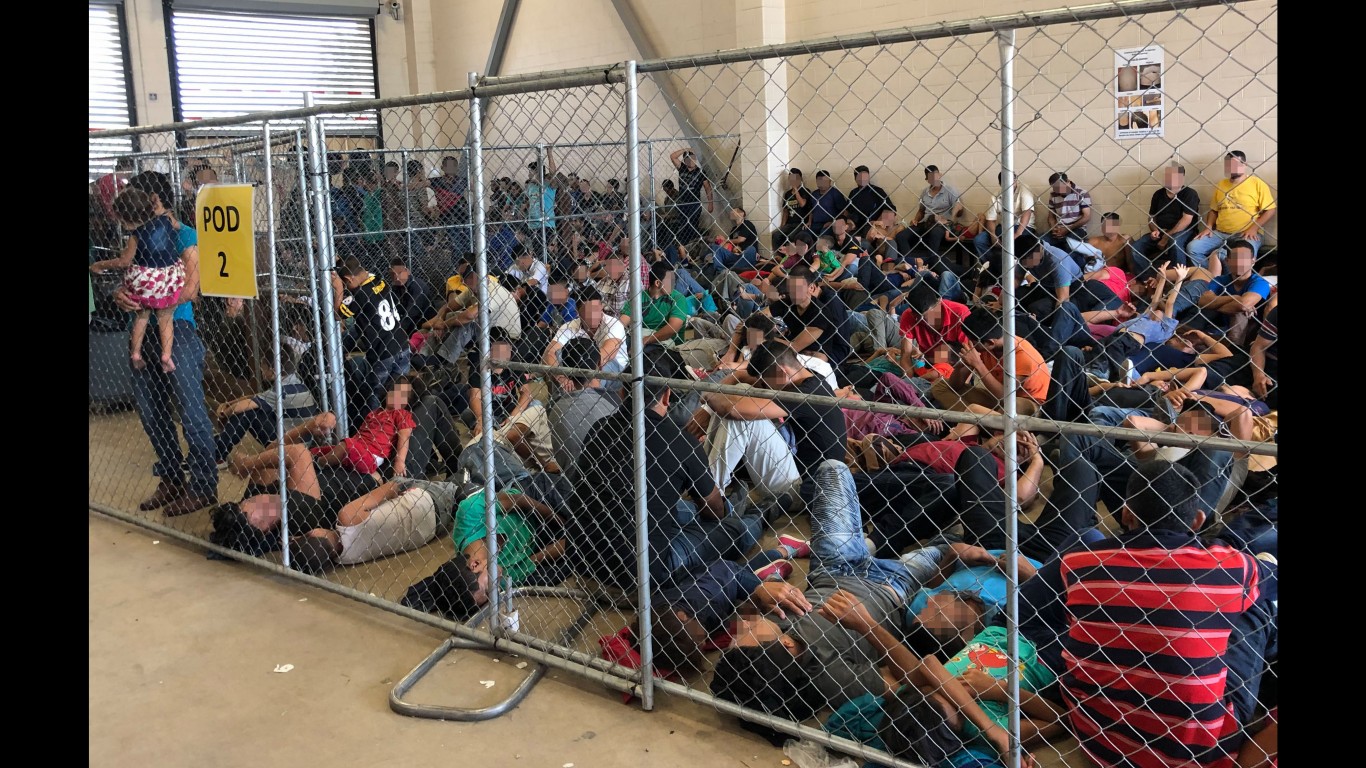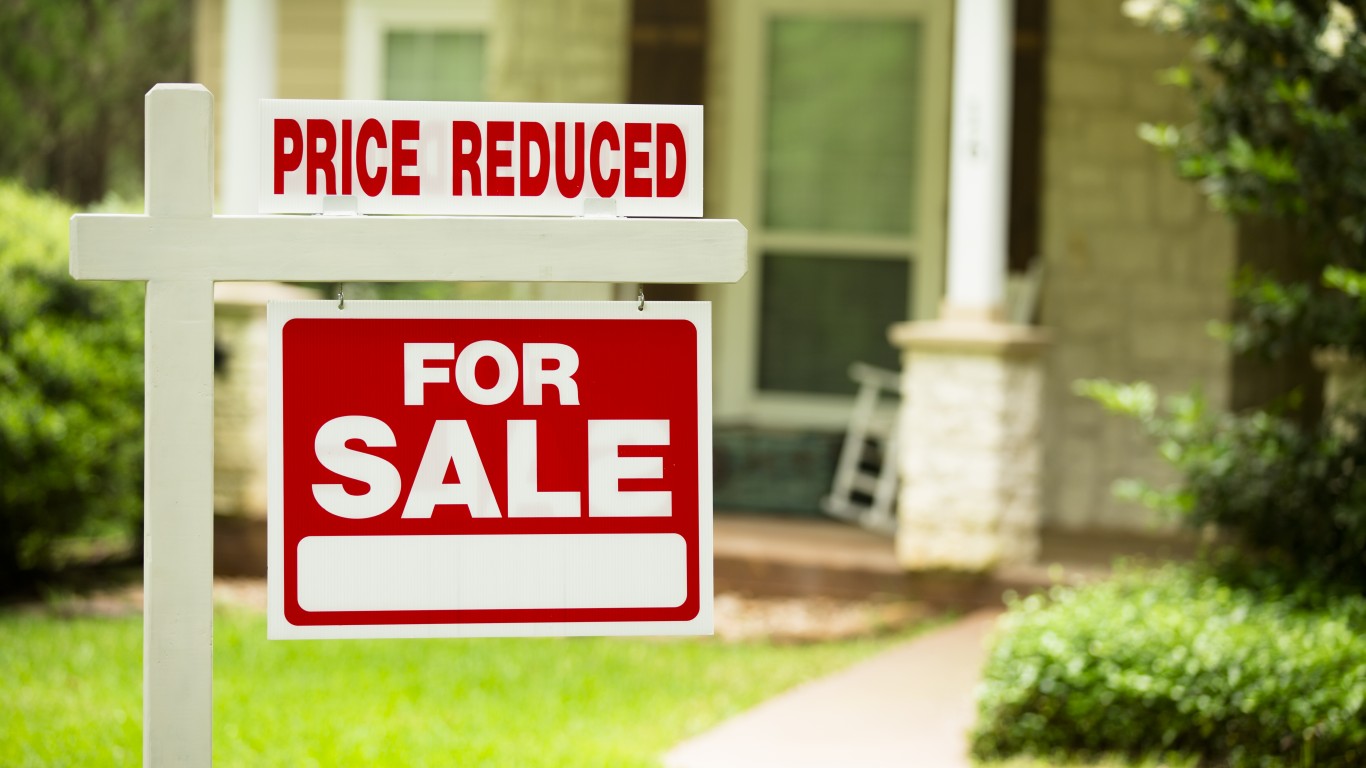
The pandemic has changed everything, including where we choose to live. While many factors go into this choice, affordability remains a driving force, according to George Ratiu, manager of economic research at Realtor.com. (This is the cheapest city to buy a home.)
“Worries over health, financial pressures, lifestyle, and well-being were channeled into finding a home in a location which offered ample access to the outdoors, better quality of life, and increasingly important, affordable housing,” Ratiu said. Some cities have trouble keeping residents, sometimes because they are transitory places.
To identify the cities people cannot wait to leave, 24/7 Wall St. reviewed data from Realtor.com’s “Here Are the Most Popular Cities for Homebuyers in 2022 – and the Places People Can’t Wait To Leave” report. The report uses search data for 300 of the largest metropolitan areas in the first quarter of 2022 and identifies the percentage of locals looking at listings outside their metro area. Median home listing price for the entire metro area, including smaller towns and suburbs, also came from Realtor.com.
Many of the towns people are leaving are impermanent by design. These include military towns such as Columbus, Georgia, which is near Fort Benning, and Dover, Delaware, the location of the Dover Air Force Base.
There also tends to be significant turnover in college towns. Among them is Gainesville, Florida, home to the University of Florida, Fort Collins, site of Colorado State University, and South Bend, Indiana, where Notre Dame University is located. An increase in crime has become an issue in Gainesville, and a decline in morale among police is a concern in South Bend.
Cities such as San Jose, California, Seattle, and Washington, D.C., have been hurt by their own success and become too pricey for many. Cities where people flocked to during the pandemic such as Manchester, New Hampshire, and Fargo, North Dakota, have witnessed soaring home prices, becoming unaffordable to many. (These are the 20 most expensive suburbs for home buyers.)
Click here to see the cities where people can’t wait to leave
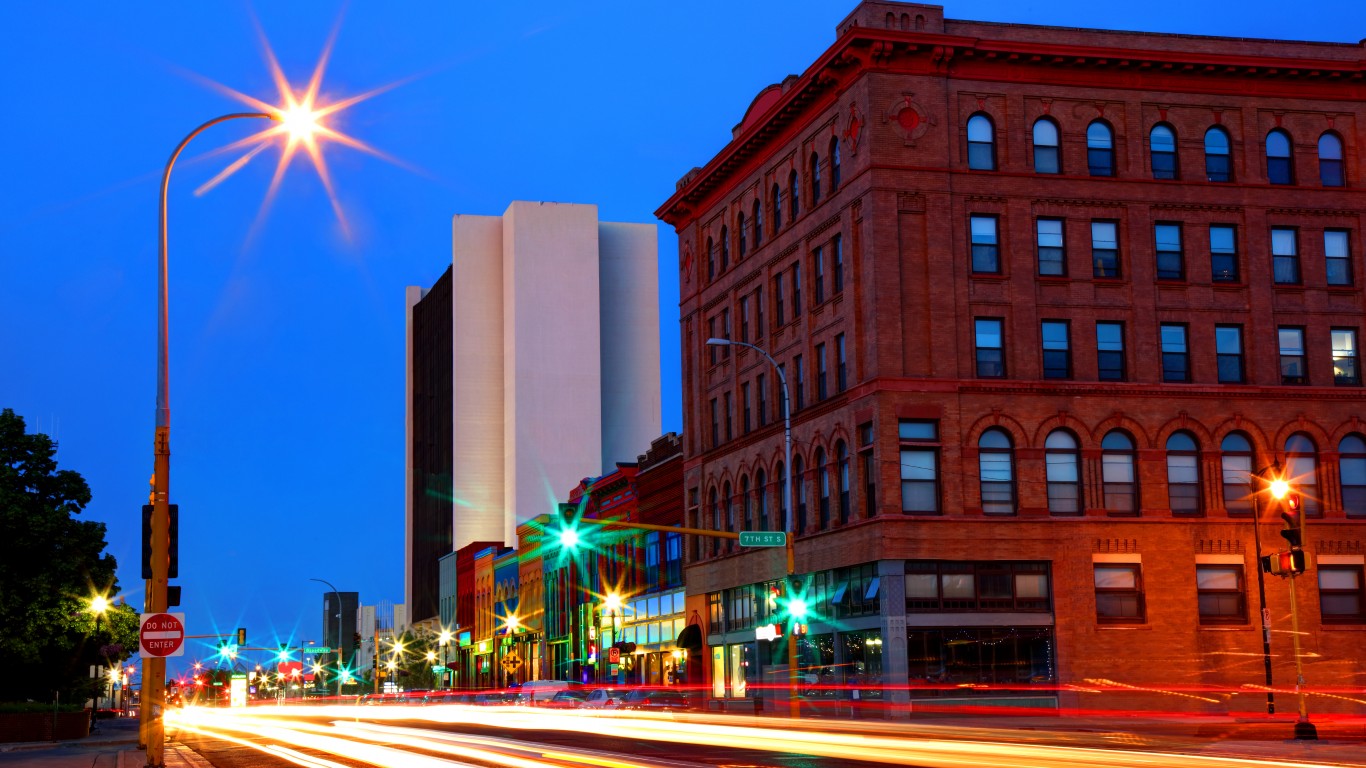
10. Fargo, ND
> Percentage of locals looking at listings outside of their metro: 76.5%
> Median home listing price: $360,000
[in-text-ad]
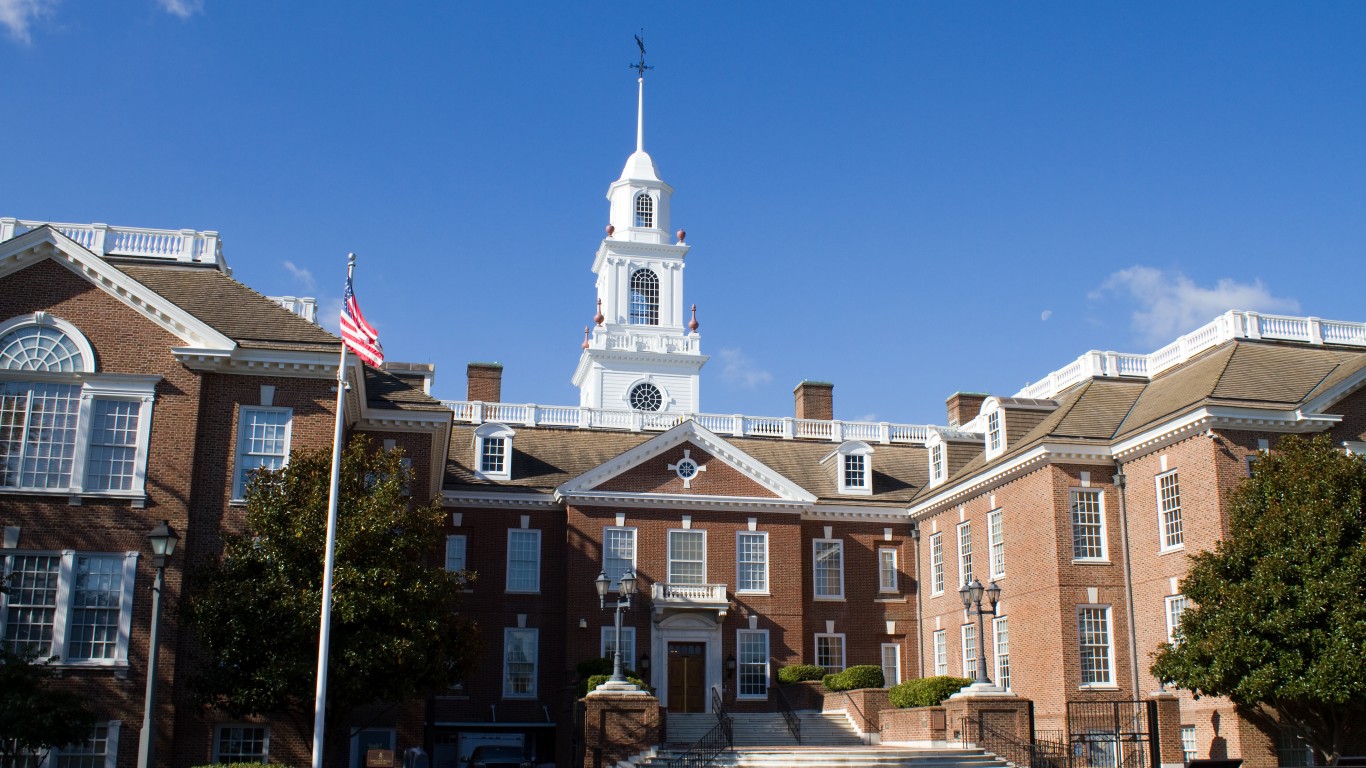
9. Dover, DE
> Percentage of locals looking at listings outside of their metro: 78.8%
> Median home listing price: $415,000
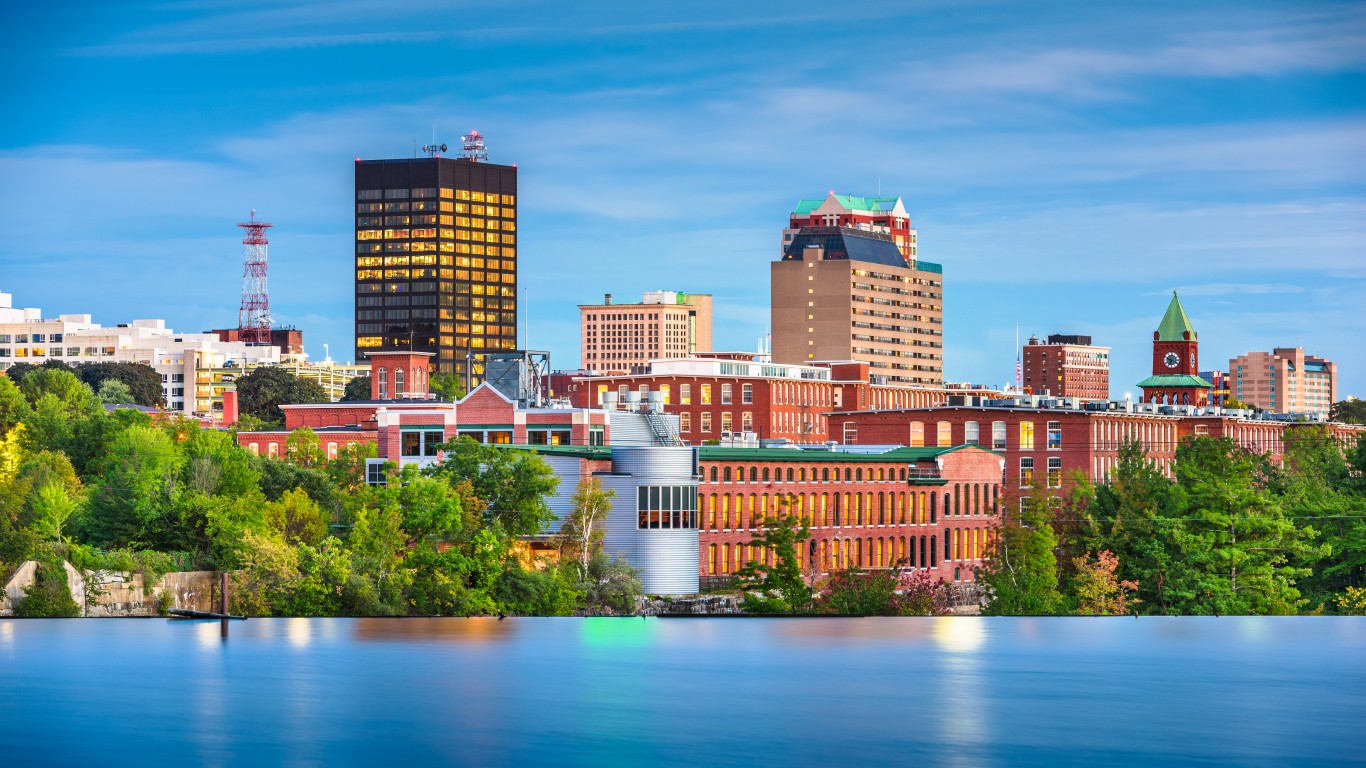
8. Manchester, NH
> Percentage of locals looking at listings outside of their metro: 79.3%
> Median home listing price: $462,000
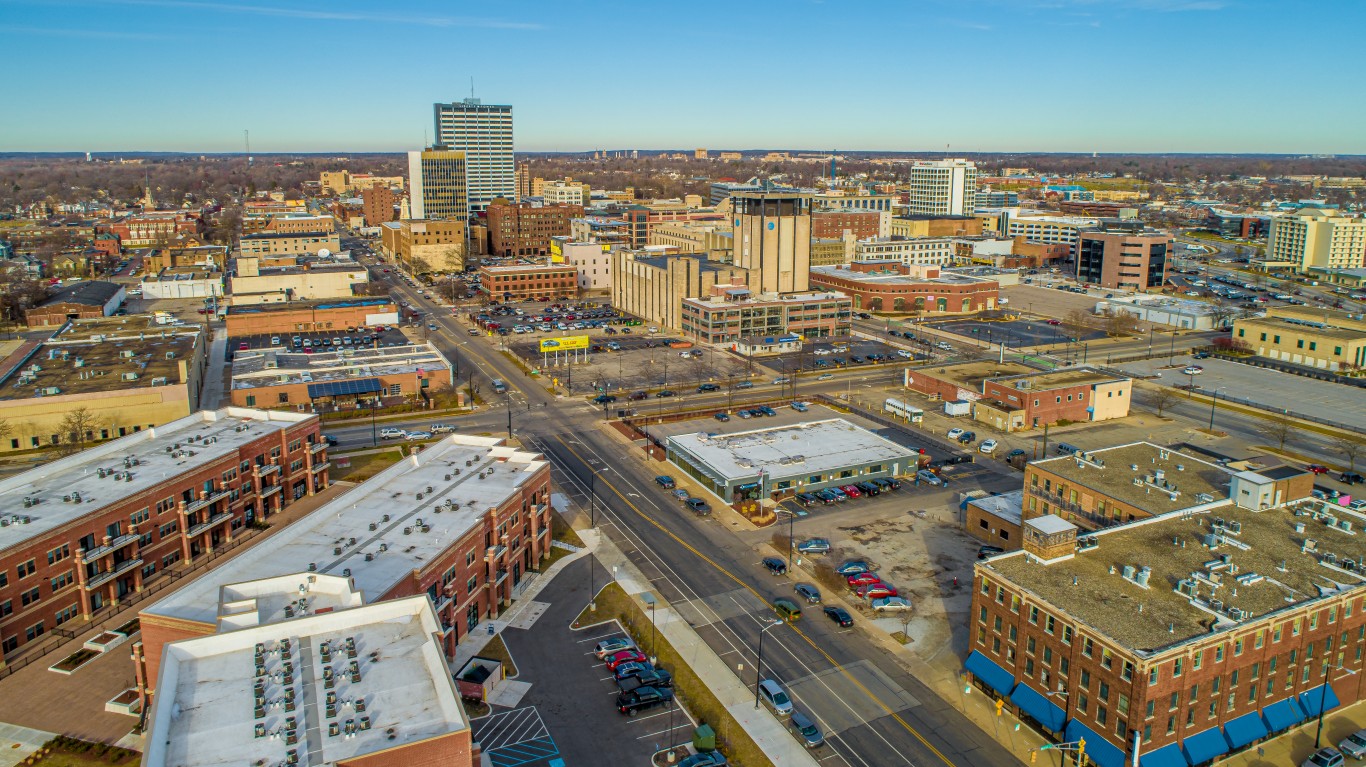
7. South Bend, IN
> Percentage of locals looking at listings outside of their metro: 79.6%
> Median home listing price: $250,000
[in-text-ad-2]
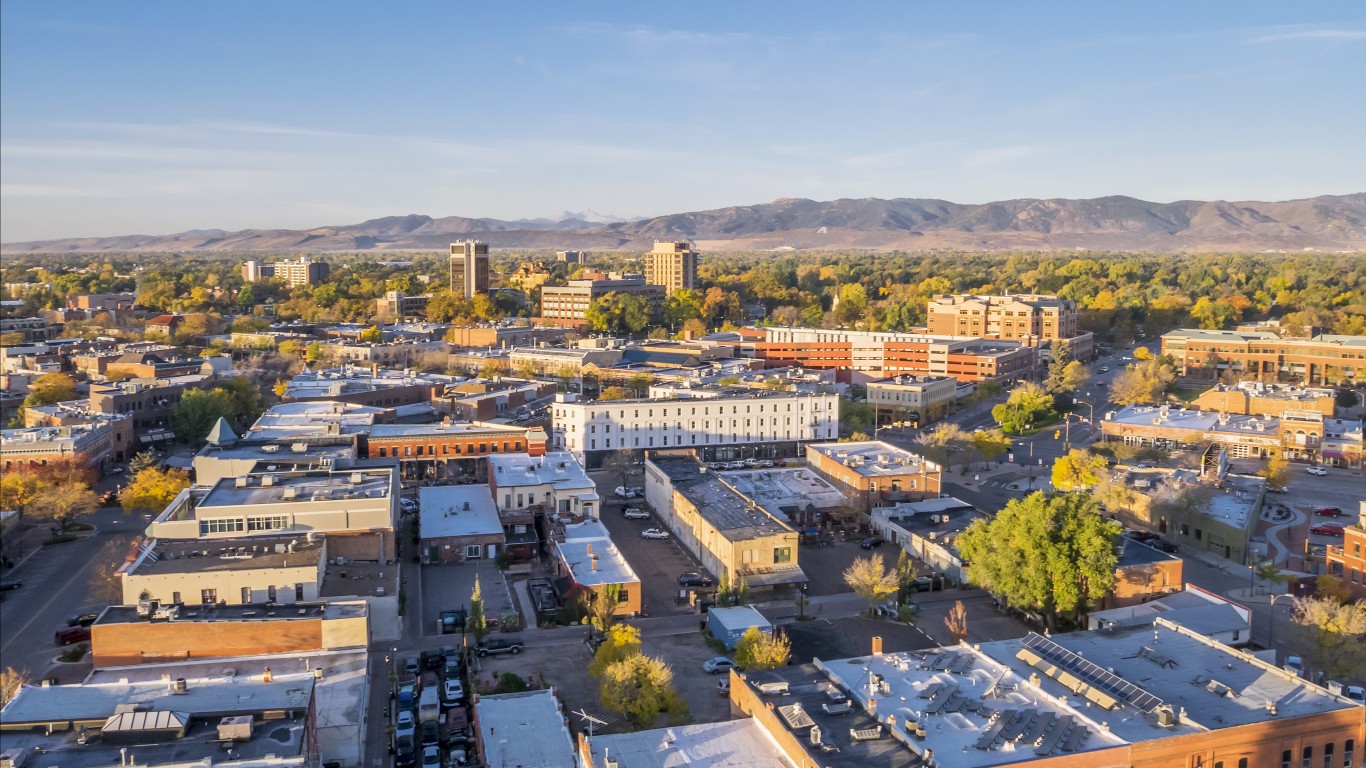
6. Fort Collins, CO
> Percentage of locals looking at listings outside of their metro: 79.7%
> Median home listing price: $635,000
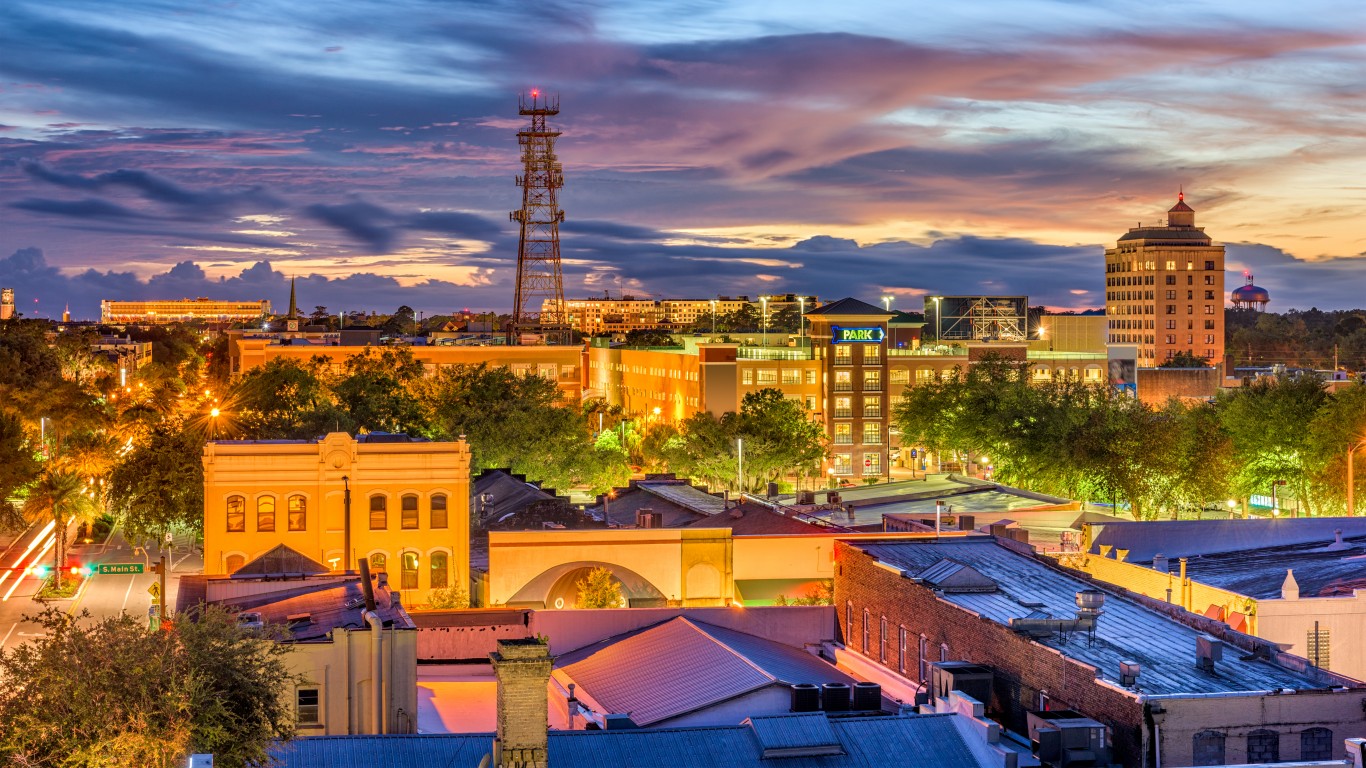
5. Gainesville, FL
> Percentage of locals looking at listings outside of their metro: 80.1%
> Median home listing price: $324,000
[in-text-ad]

4. Columbus, GA
> Percentage of locals looking at listings outside of their metro: 82.1%
> Median home listing price: $194,000
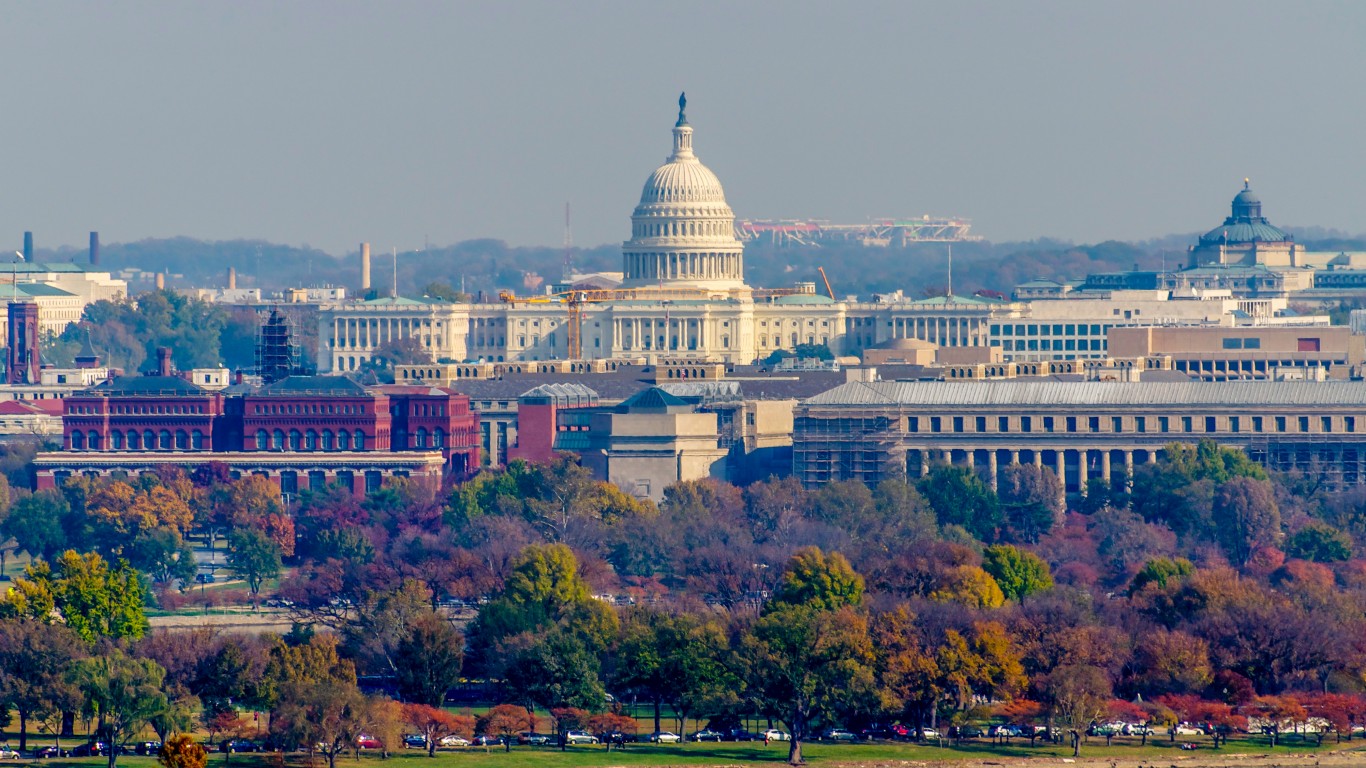
3. Washington, DC
> Percentage of locals looking at listings outside of their metro: 82.3%
> Median home listing price: $545,000
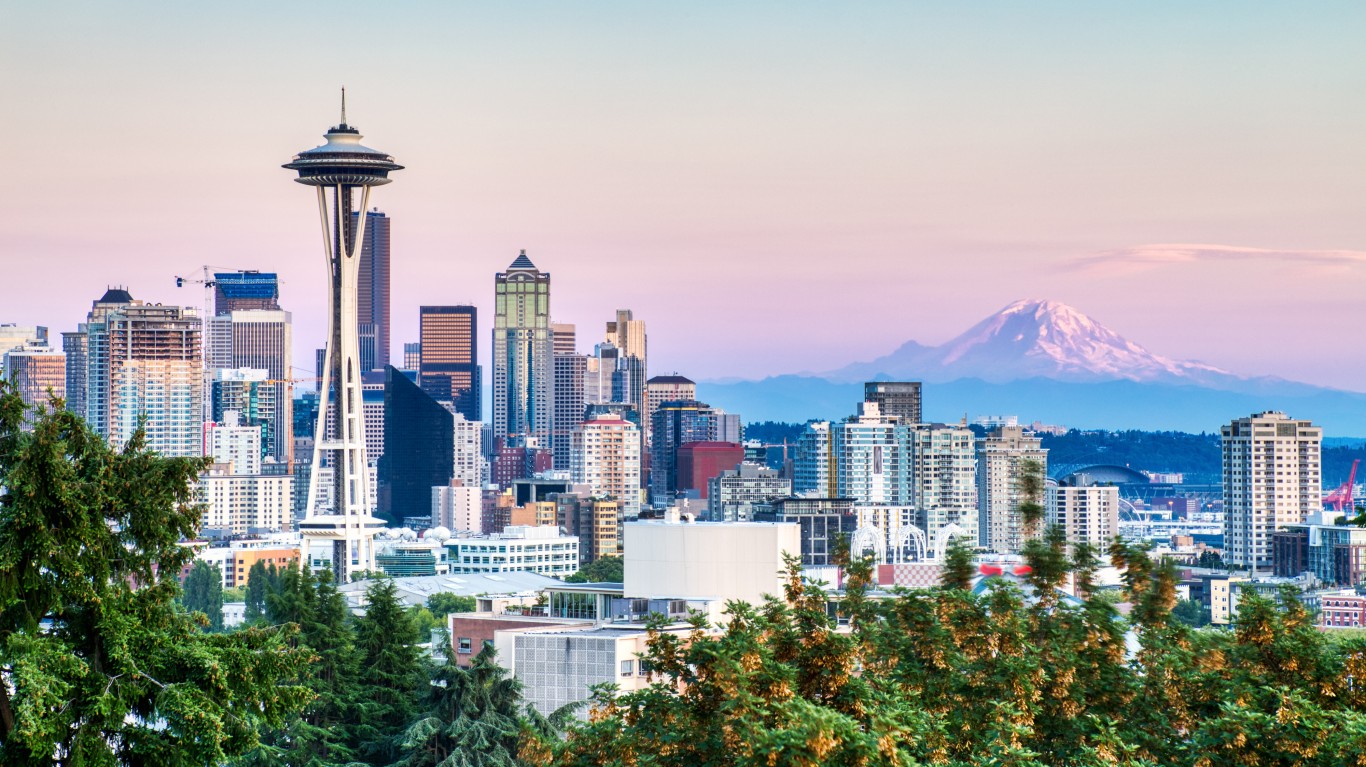
2. Seattle, WA
> Percentage of locals looking at listings outside of their metro: 86.1%
> Median home listing price: $755,000
[in-text-ad-2]
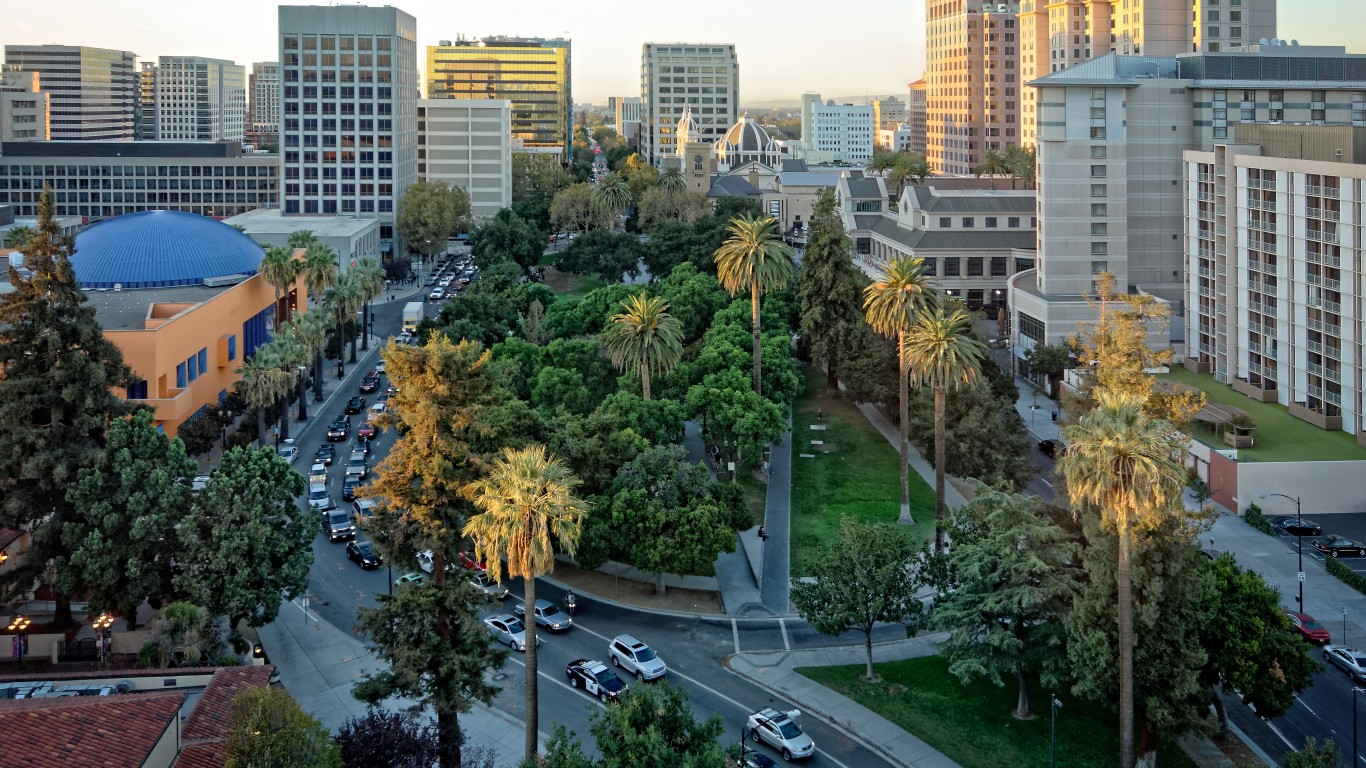
1. San Jose, CA
> Percentage of locals looking at listings outside of their metro: 86.7%
> Median home listing price: $1,399,000
Thank you for reading! Have some feedback for us?
Contact the 24/7 Wall St. editorial team.
 24/7 Wall St.
24/7 Wall St.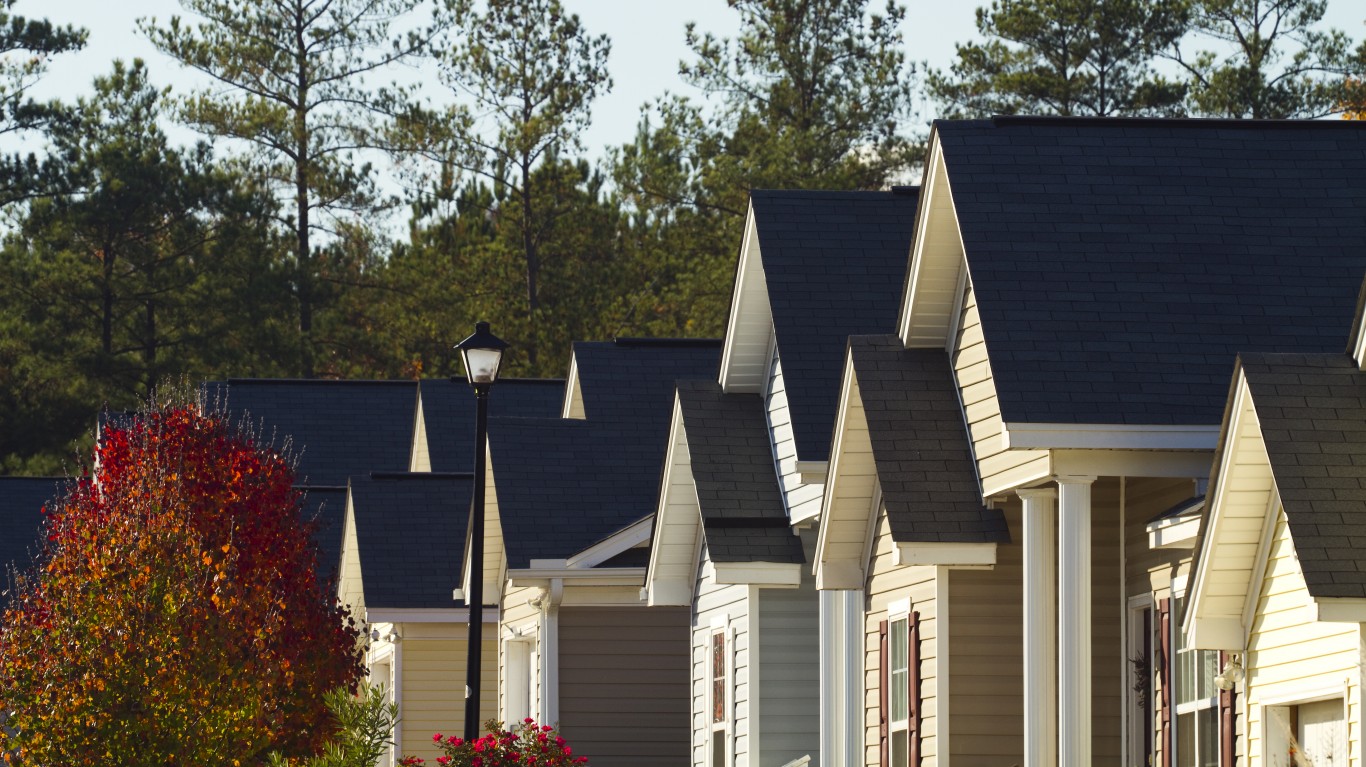 24/7 Wall St.
24/7 Wall St.
